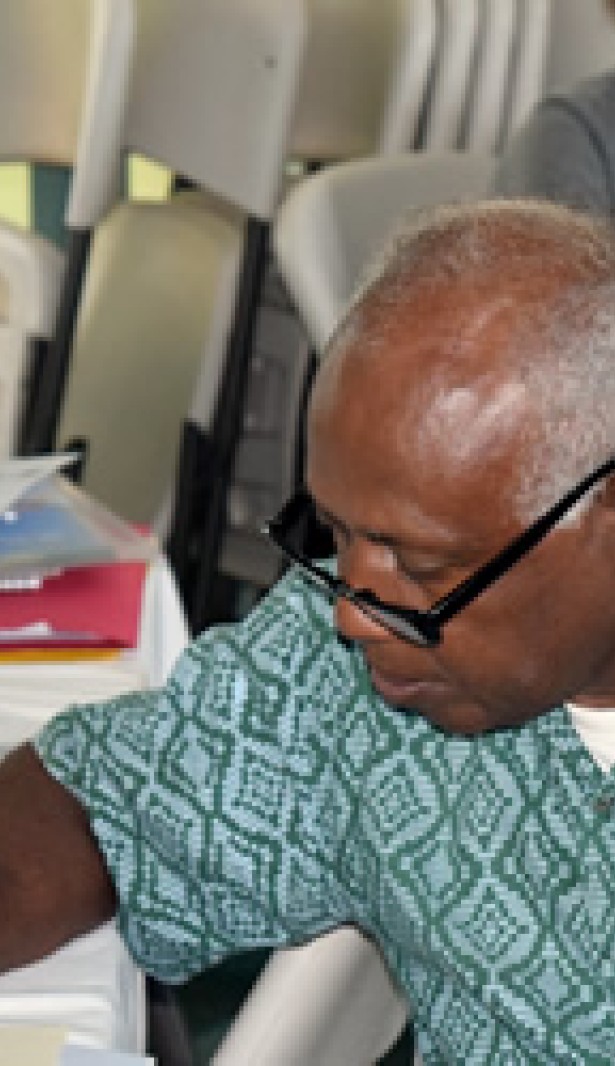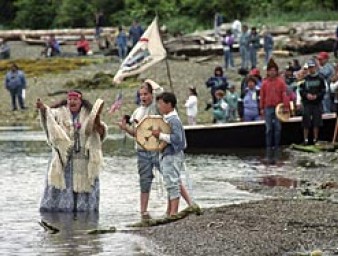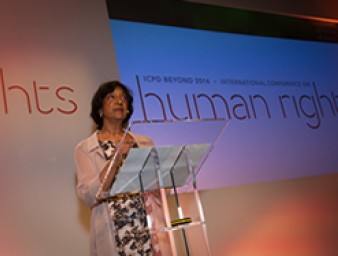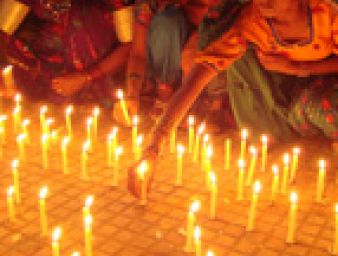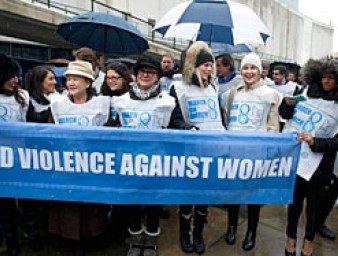Vanuatu: translating human rights standards into actions
18 March 2016
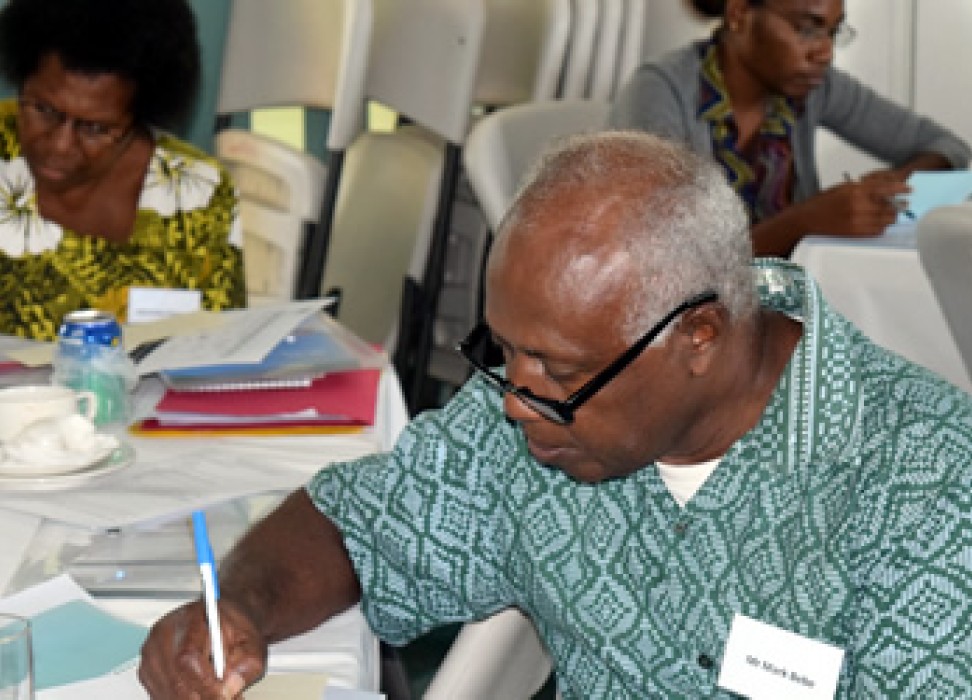
Engaging with the United Nations human rights mechanisms can be a daunting task. There are a great many requirements, and the sheer scale of the reporting and sources of information available to UN experts can make going before a committee a difficult and stressful process.
Such could have been the case with Vanuatu. The small island State was recently scheduled to present a report of its progress in improving the rights of women to the Convention for the Elimination of All Forms of Discrimination Against Women (CEDAW) Committee. In the past, the delegation was unaware of the depth and breadth of information a committee would call upon in order to investigate how well the country was keeping its human rights obligations to women.
But this time, said Jenny Tevi, acting head of the Treaties and Conventions Division of the country’s Department of Foreign Affairs, they were ready.
“Our delegation felt well prepared and able to give updated information beyond what we had already submitted in writing, to ensure our responses fully satisfied the experts,” she said.
Tevi, along with 10 other State officials, took part in a training on how to best engage with UN expert committees. The training was organized by the UN Human Rights Regional Office for the Pacific, along with UN Women and the Secretariat of the Pacific Community. It was held a few weeks before Vanuatu was to face the CEDAW Committee.
The training was aimed at helping government officials to better handle the interactive dialogue with CEDAW experts. Every four years, Vanuatu, as one of the 189 countries that ratified CEDAW, needs to demonstrate what steps it has taken to improve the situation of women in the country by reporting to the Committee.
In the training, officials were taught to understand the international standards on women’s human rights and shown how to translate those standards into tangible action, said Catherine Phuong, acting head of the UN Human Rights Office in the Pacific.
“We are hopeful that through concerted efforts and the government’s strong commitment, the fulfilment of women’s rights will become a reality in Vanuatu and in the Pacific at large,” she said.
And it seems the training helped the Vanuatu delegation impress during their CEDAW review session this past February. After the review, committee member Barbara Bailey said the delegation was in total control of the process. Bailey, who was a resource person in a similar training programme, said the answers to questions posed by experts were candid and frank and, in instances where information was not readily available, the delegation was open and receptive to advice on what more needed to be done.
“The performance of the delegation was stellar,” she said. “The dialogue was refreshing and useful on both sides of the table. It is rewarding to see that capacity building undertaken by the UN Human Rights Office and UN Women can contribute to such a result and we look forward to future delegations following suite taking their engagement with the expert committees as seriously."
18 March 2016
